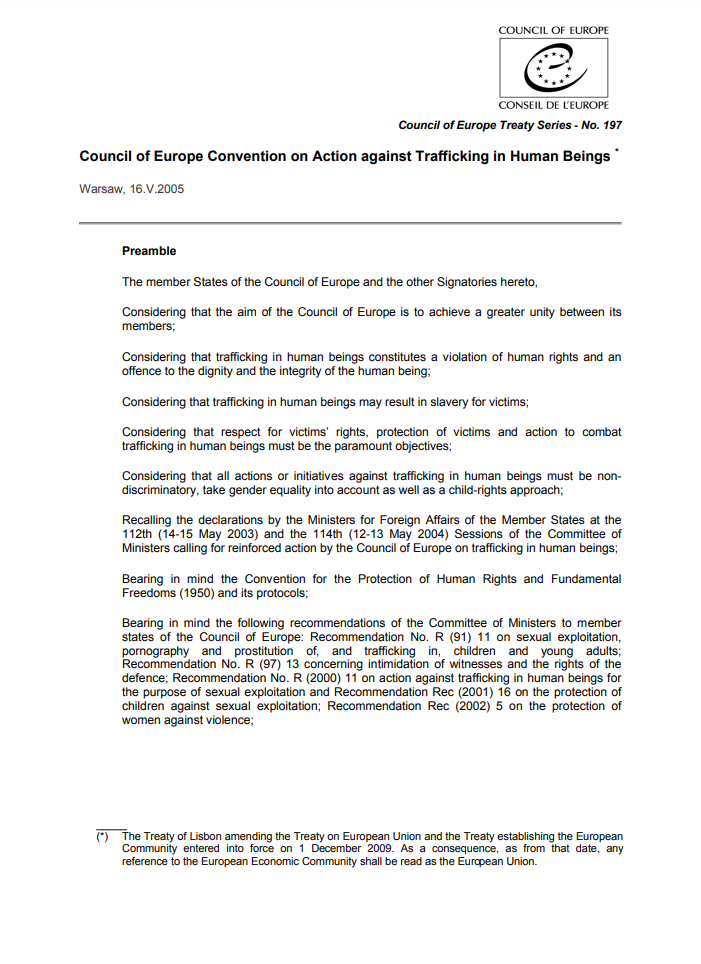Civil Asset Forfeiture Reform Act of 2000 (CAFRA)
LegislationAn Act to provide a more just and uniform procedure for Federal civil forfeitures, and for other purposes. Be it enacted by the Senate and House of Representatives of the United States of America in Congress assembled. ...Read More

